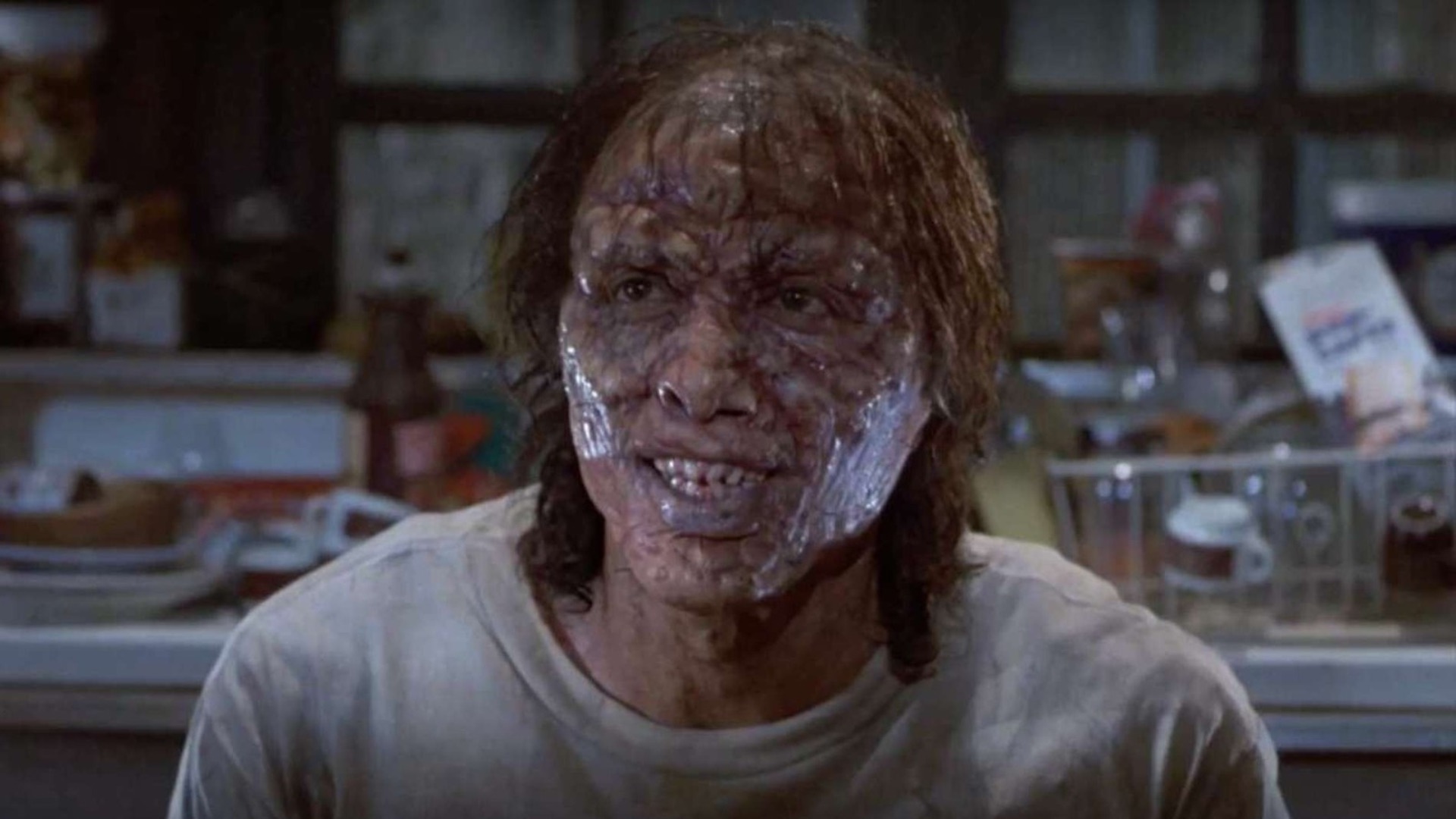
Ranking every single David Cronenberg movie is no easy feat, but we did it anyway. With the release of the Dead Ringers remake (which is quite good, by the way), it only made sense to write up all 22 of Cronenberg's directorial features looking at what makes them great, unique, or just worth a watch.
Whether you only know him for gross-out body horror like The Fly or modern dramas like A Dangerous Method, his filmography truly has something for everyone – even the most serious of cinephiles. Scroll on to read through our ranking and see where your favorite movie falls on the list.
22. Crimes of the Future (1970)
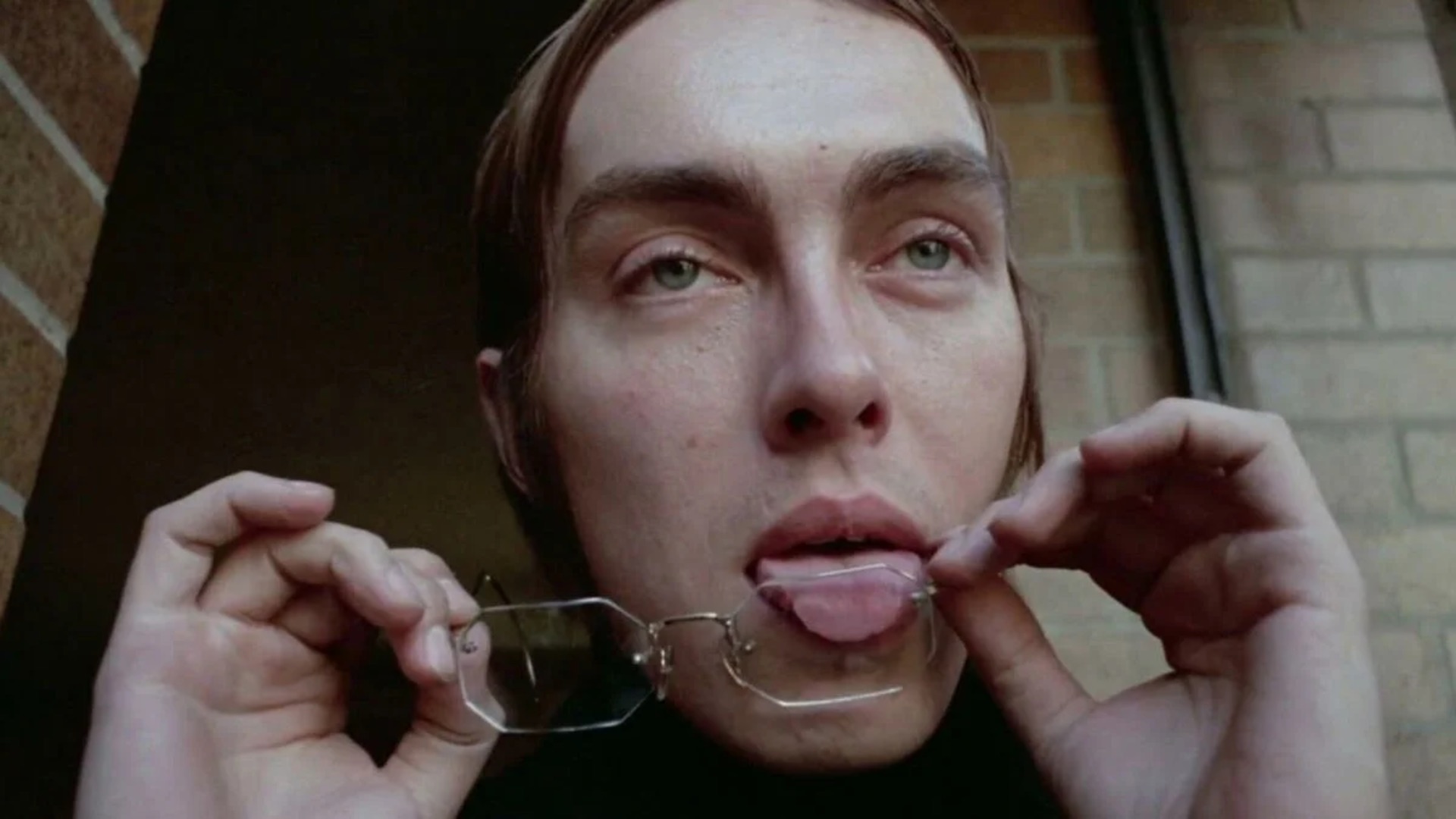
Not to be confused with the 2022 film, Crimes of the Future follows Adrian Tripod, the director of a dermatology clinic called the House of Skin, as he searches for his mentor, an insane dermatologist who disappeared after a catastrophic cosmetic-related plague.
Cronenberg's fascination with skin, body modification, and the sheer psychological horror of the mind-body connection is hinted at here – but not yet realized. There's extra organs, people foaming at the mouth, and weird stuff happening to nipples, which is almost enough to distract from the disconnected and at times unfocused plot that culminates in a whole lot of nothing. Still, early Cronenberg is worth a watch if not merely to study his incredibly intricate (and dare I say fascinating) growth as a filmmaker.
21. M Butterfly (1993)
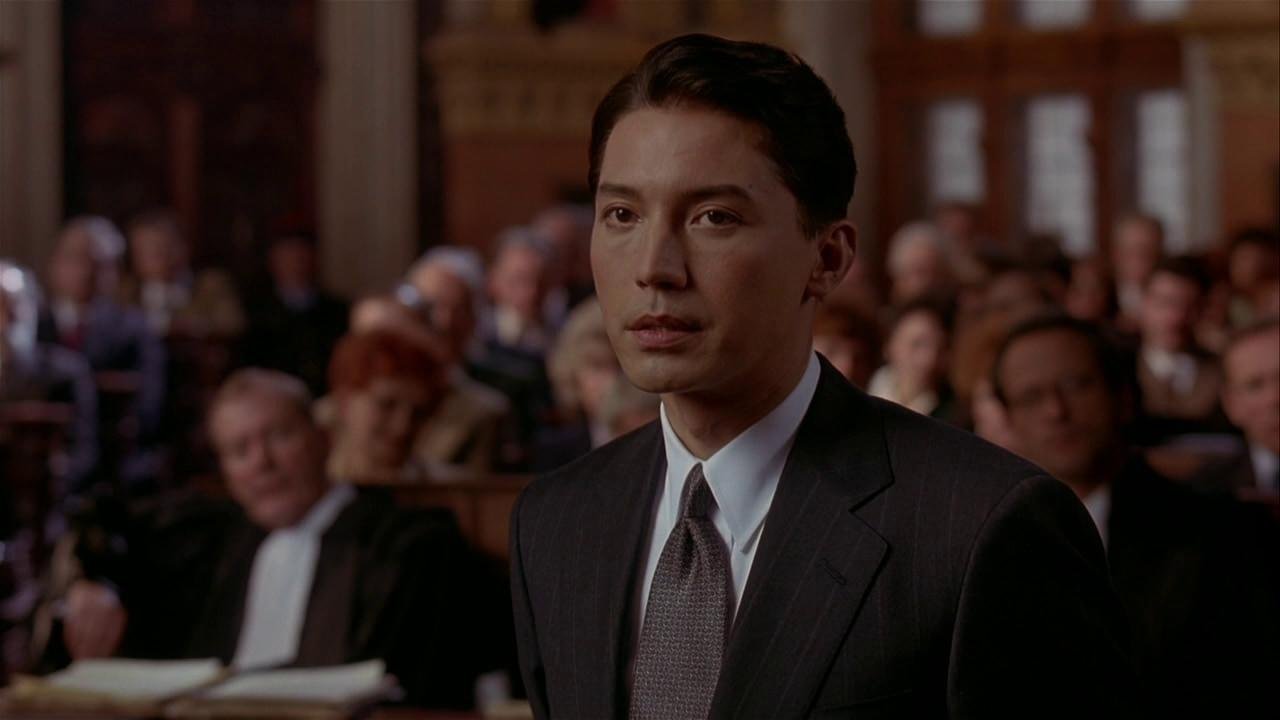
As beautiful as it is bleak, M. Butterfly is a film adaptation of the stage play of the same name penned by David Henry Hwang (who also wrote the screenplay). A bit out of an outlier in Cronenberg's filmography, the story is based on the real-life affair between French diplomat Bernard Boursicot and Chinese opera singer Shi Pei Pu.
The stage play explores nonconforming gender identities, espionage, the artistry of the Peking opera, and the political climate of 1960s Bejing at length. These elements are mostly absent here in Cronenberg's adaptation – which puts the focus solely on Gallimard (Jeremy Irons) and Song's (John Lone) torrid love affair. Instead of including the rich color of the Peking opera, Cronenberg opts for his usual muted color palette which, when paired with lackluster dialogue and undeveloped plot points, adds to the film's overall bleakness.
20. Maps to the Stars (2014)
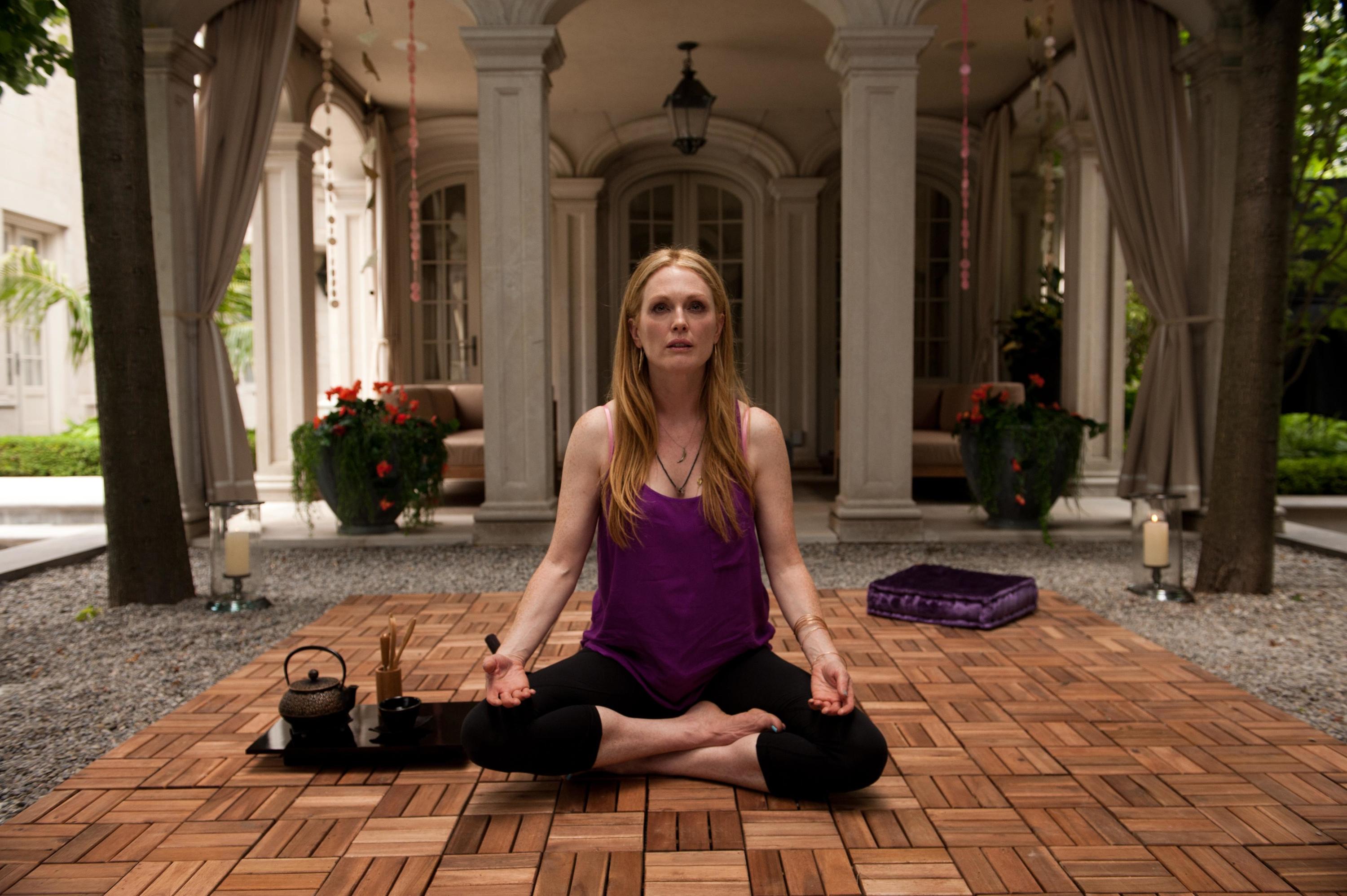
After eXistenZ, Cronenberg took a break from body horror and produced several straightforward dramas – with a delightful Cronenberg-y twist.
Julianne Moore plays Havana Sergrand, a washed-up actress who is quite literally haunted by the ghost of her dead mother (Sarah Gadon), with Mia Wasikowska as Agatha her pyromaniac personal assistant, Evan Bird as Agatha's in-and-out-of-rehab child actor brother, and John Cusack as their exploitative TV psychologist father. Robert Pattinson plays a limousine driver struggling to make it big as a screenwriter, and the legendary Carrie Fisher plays herself.
It's part ghost story, part commentary on the viciousness of Hollywood, with – like many Cronenberg films – the true meaning of the film being that there's no way out of the self. There's no escape. Though, the ending takes this a bit too literally and sets fire to its ensemble cast – leaving the viewer to wonder what was the point of all that suffering, and if we do, indeed, meaningless suffer in our own lives until we die.
19. Stereo (1969)
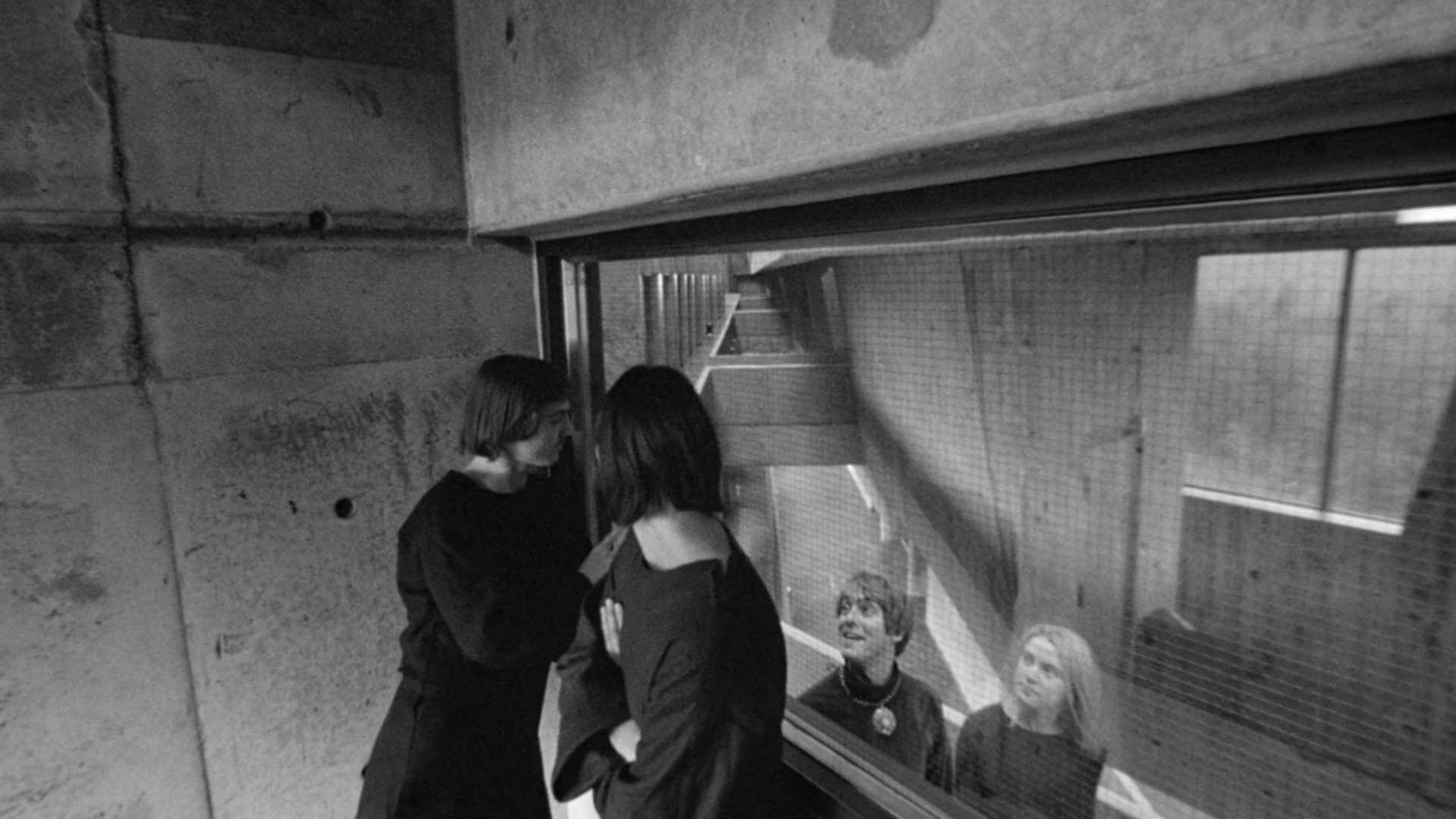
Cronenberg's first full-length feature seems a lot like something you'd study in a college film class. It's shot in black in white and without dialogue or any on-camera audio – with strange voiceover commentary laid over top. It's about sex and telepathy and is delightfully experimental – and even magical at times, what with mysterious cloaked women and tarot cards.
Much like the OG Crimes of the Future, it's required viewing for any diehard Cronenberg fan. It's the type of debut that lays the groundwork for what's to come with cults, mysticism, sex, and death – a few of his go-to themes – at the forefront. All we're missing is that creepy, goopy body stuff that we've come to know and love him for. That being said, Cronenberg revisits a similar premise in Scanners, which is almost like a reboot sequel of Stereo, but with a lot more exploding heads.
18. A Dangerous Method (2011)
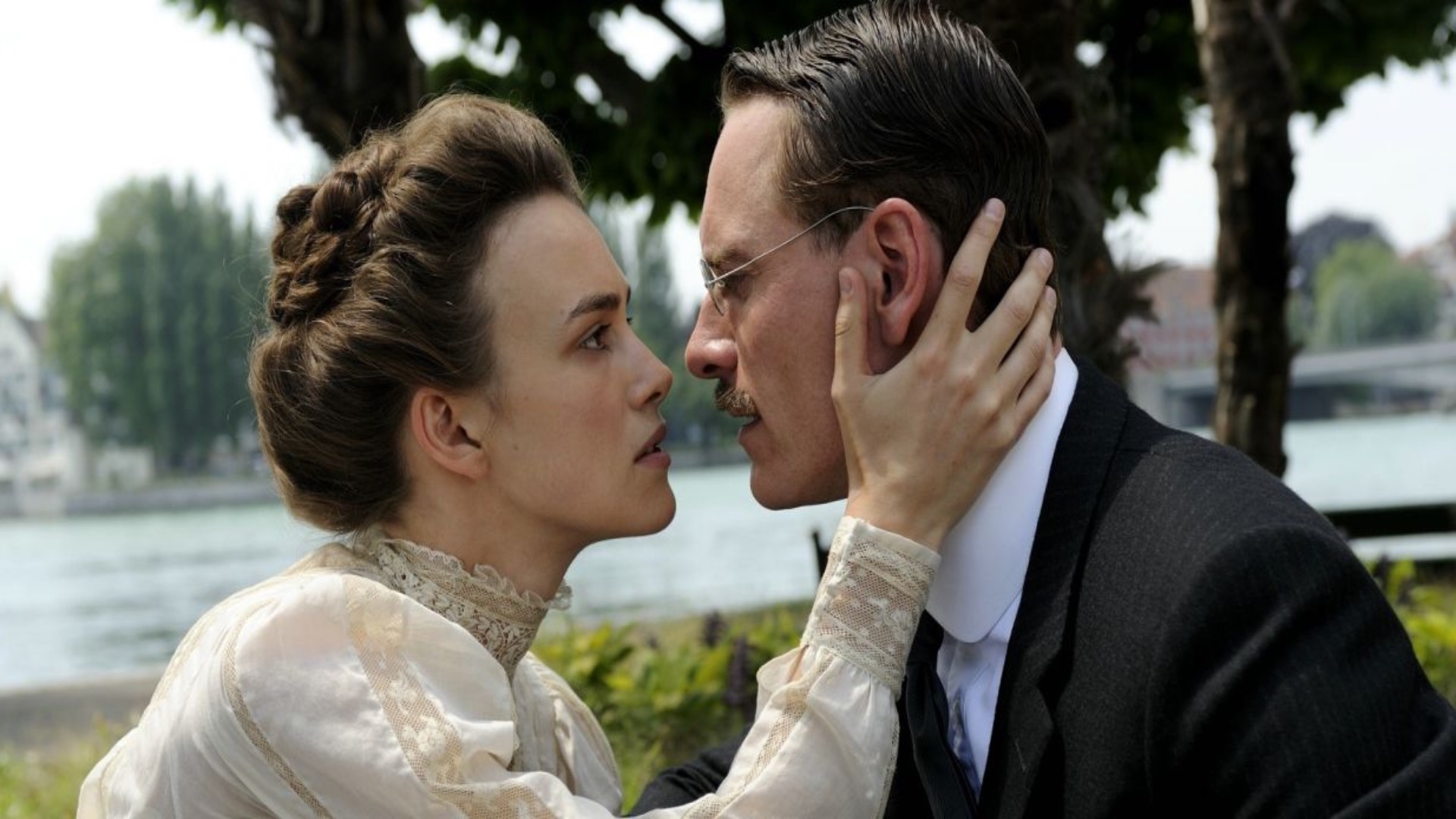
If there’s anything Cronenberg loves, it’s sadomasochism and exploring the psychology behind it. A Dangerous Method hits that nail right on the head, telling the supposed real-life story of Sigmund Freud (Viggo Mortensen) and Carl Jung’s (Michael Fassbender) friendship. Keira Knightley plays Sabina Spielrein, a student-turned-colleague and eventual lover of Jung who would go on to become one of the first female psychoanalysts.
The film would play like a straight-up piece of historical fiction – and one you might be forced to watch in a psych class – if it weren't for the sudden scenes of bondage (and Knightley doing the absolute most with her facial expressions during these scenes to the point where no one would fault you if you decided to fast forward). Still, it's missing much of what makes a Cronenberg movie just that. There's more telling than showing, and there isn't anything particularly interesting about Freud and Jung's friendship – even though they were arguably two of the most interesting people in the whole world.
17. Rabid (1977)
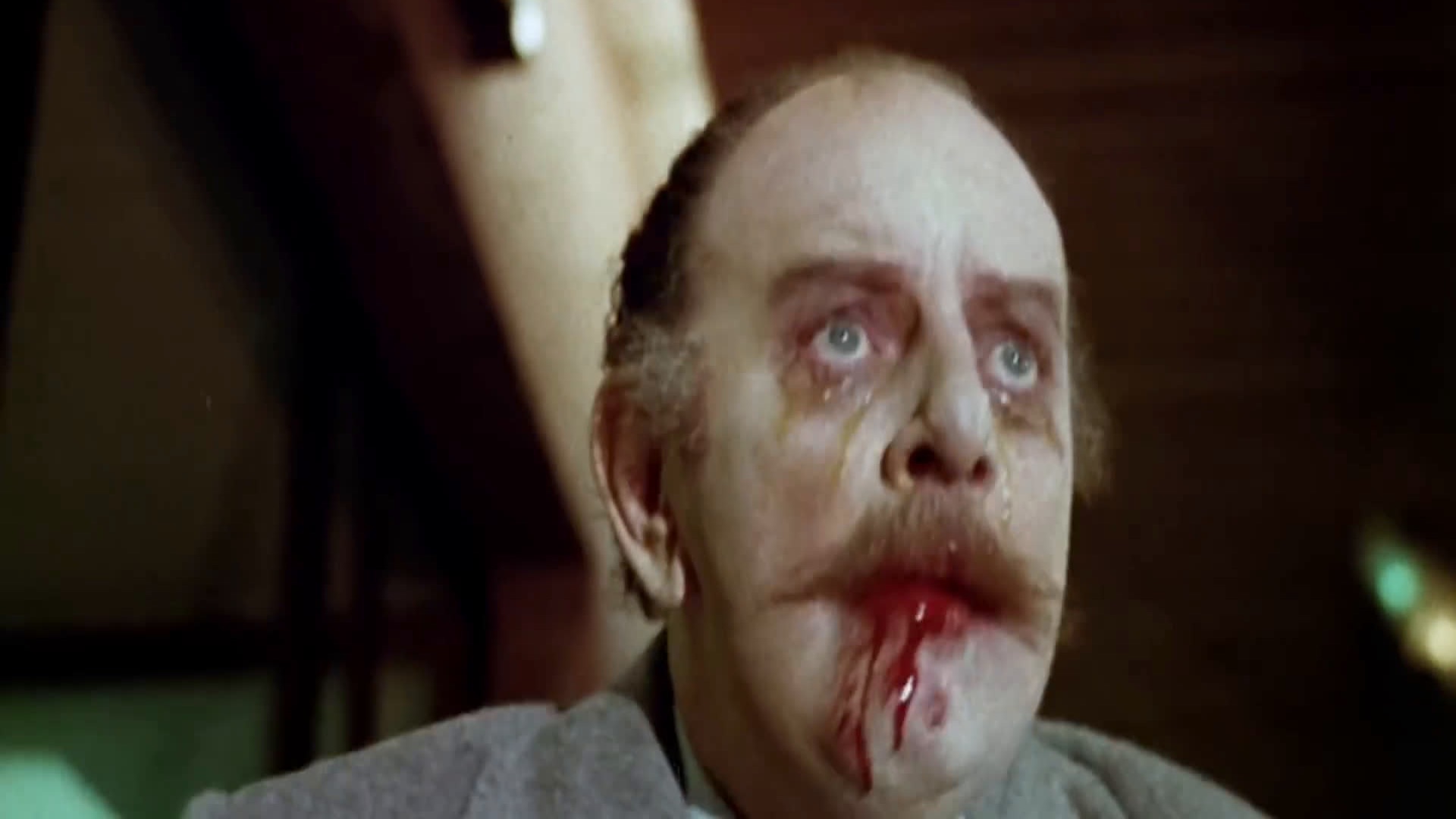
The first truly fleshy addition to our list (and certainly not the last) is a body horror film about an outbreak of a vampiric disease that all stems from one unfortunate woman's armpit. Former adult film star Marilyn Chambers plays Rose, a woman who undergoes surgery after a motorcycle accident and develops an orifice in her armpit that contains a red stinger that pierces people and feeds on their blood.
While there's probably a larger commentary about the lack of public response when it comes to outbreaks, especially one that could be made in our post-COVID society, the movie is just good plain fun. Variety called it an "extremely violent, sometimes nauseating picture" and we couldn't agree more – but that's what makes it great.
It's also one of the only Cronenberg films to ever be remade, with indie horror directors Jen and Sylvia Soska releasing their own reboot in 2019.
16. Fast Company (1979)
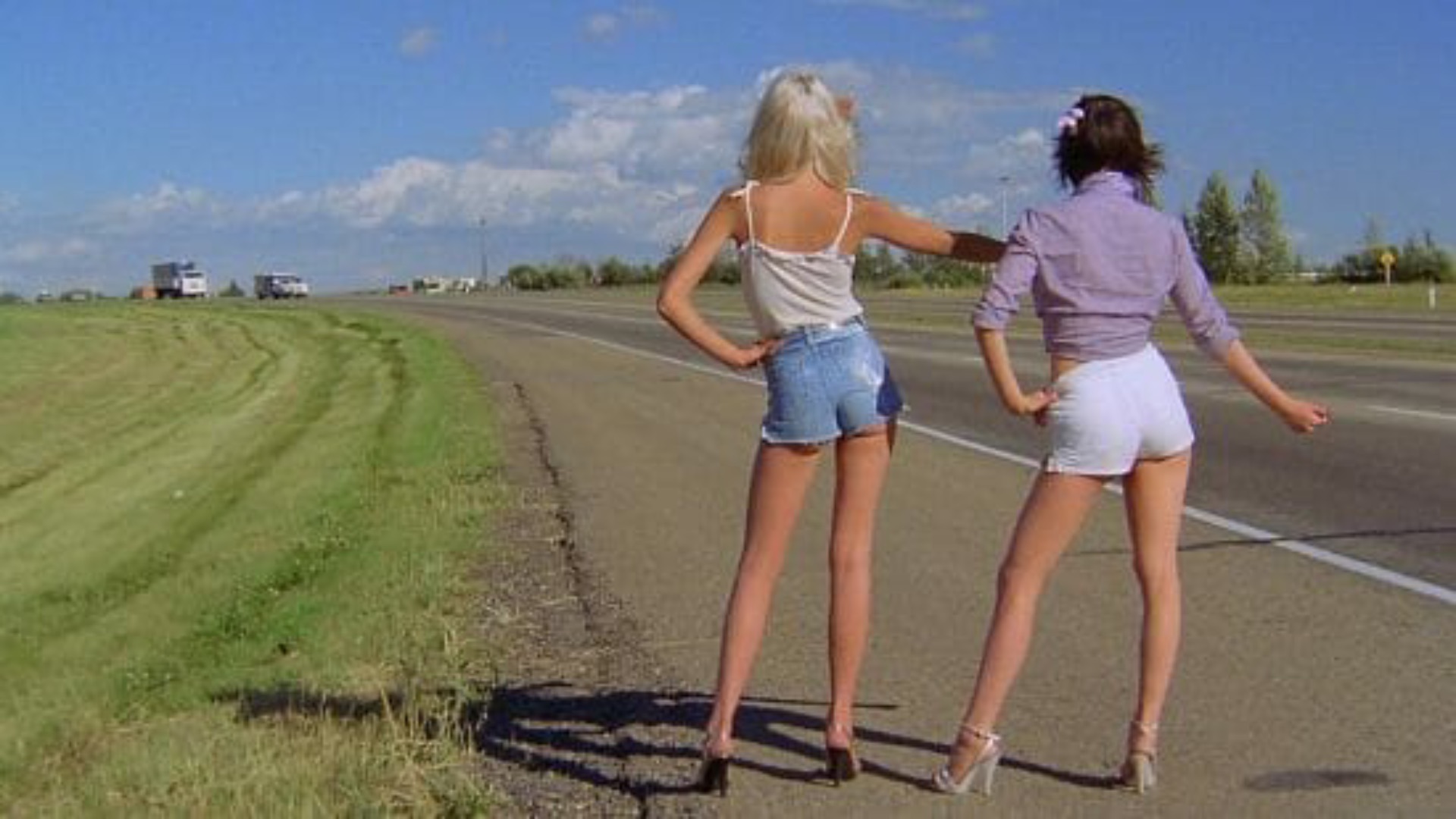
Though Cronenberg's first foray into body horror began in 1977, the director made a quick pitstop in 1979 to release a drag-racing action film titled Fast Company. After his sponsor replaces him with his arch-rival, aging drag-racing star Lonnie 'Lucky Man' Johnson decides to steal the car and race it himself.
It's the true outlier in Cronenberg's filmography, given the complete absence of any horror or psychological or even dramatic elements. It's a straight-up action movie about cars and the people who race them. There's hot girls in shorts, sleazy men, explosions, and a love story with an arguably cheesy ending. Fast Company is B-movie goodness, and one that deserves a lot more attention.
15. Shivers (1975)

A deranged doctor develops a slug-like parasite described as a combination of "aphrodisiac and general disease that will hopefully turn the world into one beautiful mindless orgy". Instead, the residents of Montreal become violent, sex-crazed maniacs who can't seem to stop vomiting parasites that kind of look like intestines.
It's depravity at its finest, with phallic parasites crawling out of one mouth and into another, traveling by bathtub drain – because oh yeah those little fuckers can swim – and ripping right through everyone's endocrine systems. (There's also that terrifying pool scene that we'll let you see for yourself.) You could think of it as It Follows on steroids, with less existential terror and so, so much more blood.
The film was so controversial upon release in Canada that it even got Cronenberg kicked out of his apartment in Toronto for violating a 'morality clause' within the lease.
14. Cosmopolis (2012)
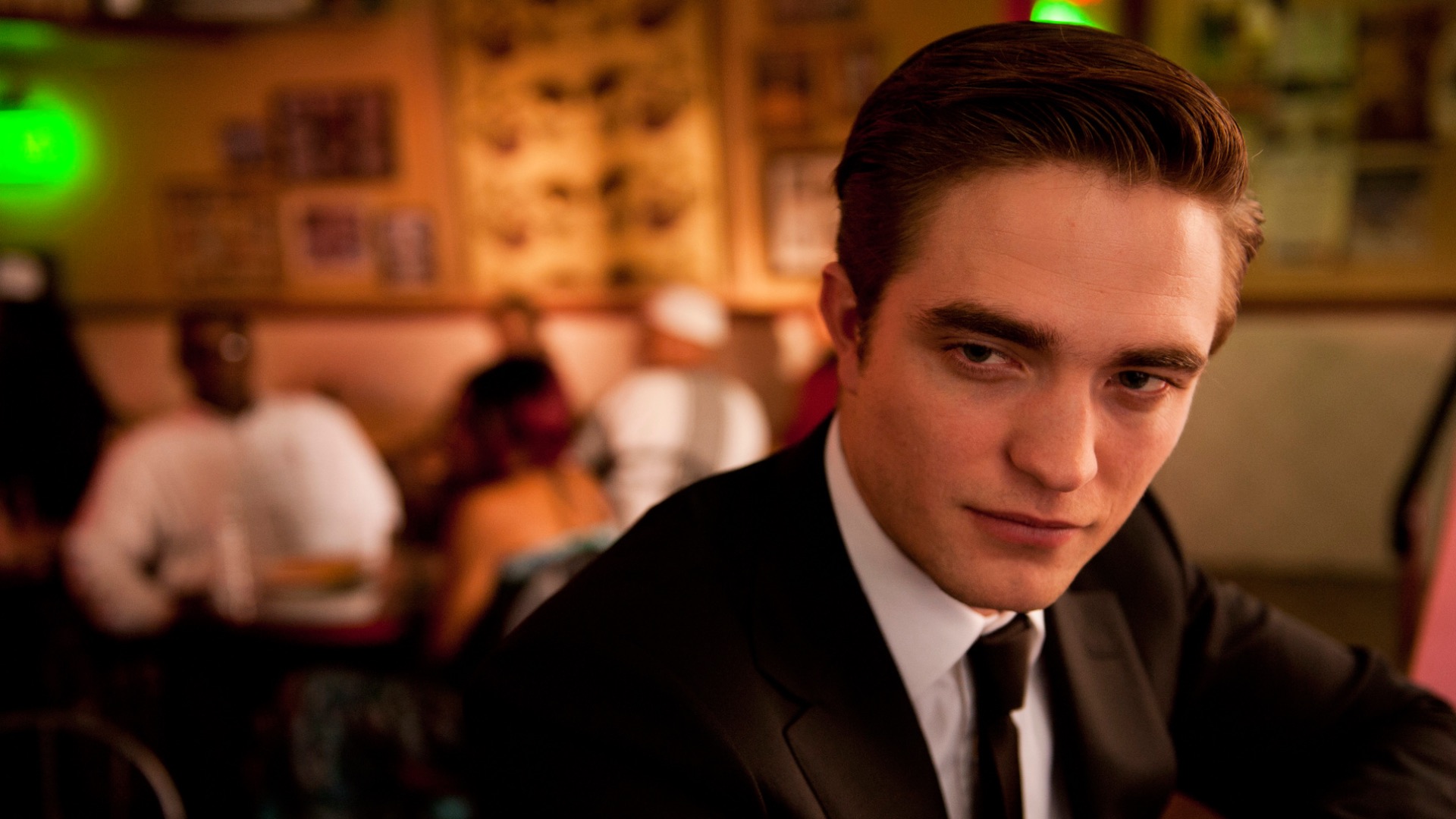
Cosmopolis, based on the novel by Don DeLillo, is a movie in which Robert Pattinson spends most of its duration riding around in a limo – and Jay Baruchel is there for some reason. Pattinson plays Eric Packer, a 28-year-old billionaire who has a strange, shitty day full of eccentric characters and huge financial loss.
Though a more divisive entry in Cronenberg's catalog, the drama-thriller is sort of a satisfying antithesis to American Psycho. The good-looking young billionaire goes on his own path of self-destruction, but there's no chainsaw or reservations at Dorsia. Instead, it's an anti-capitalist satire that takes aim at the wealthy and out-of-touch.
It's worth noting that Cosmopolis is one of Pattinson's best and most underrated performances, no doubt overlooked as it was released towards the end of his tenure with the Twilight films.
13. Naked Lunch (1991)
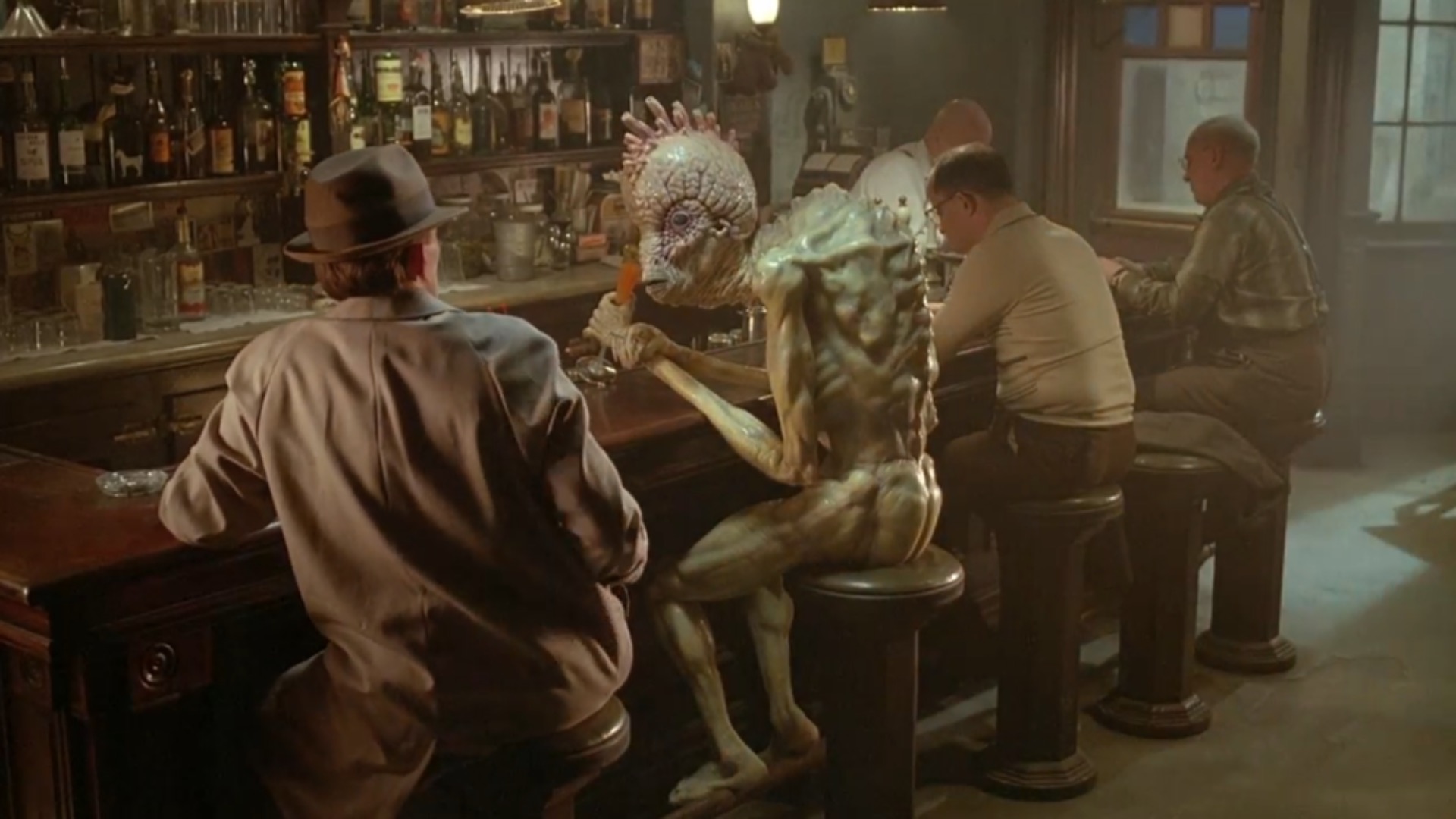
It's a book about a guy who gets high on bug poison and commits murder and then starts talking to other bugs and then suddenly everyone is a bug – so it only makes sense that Cronenberg would sign on to direct the adaptation.
Based on the 1959 novel by Beat writer William S. Burroughs, the film follows an exterminator named William Lee (Peter Weller) who gets high on his own supply and shoots his own wife (Judy Davis) during a game of 'William Tell' (which is how Burroughs accidentally killed his own wife in real life). What follows is a grotesque journey featuring talking insectoids, skin suits, typewriters that are also alive, and giant Brazilian centipedes that just naturally produce narcotics.
It's one of the most visually unnerving works in Cronenberg's catalog, with each scene painting a sticky, grimy picture of sheer paranoia.
12. Spider (2002)
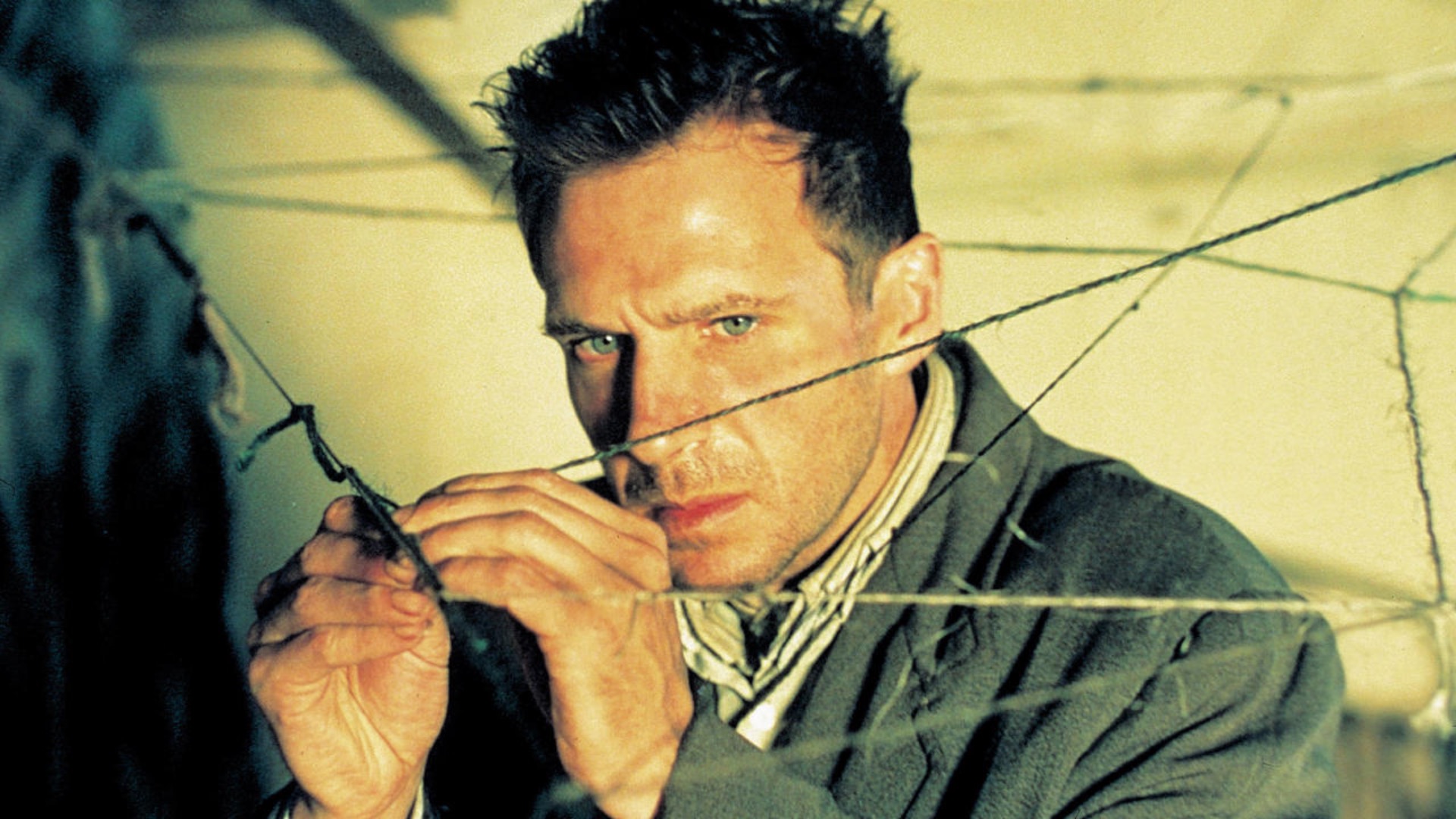
Spider is a more quiet kind of unsettling, with Ralph Fiennes giving what might just be the best performance of his career (not that he doesn't do a great Voldemort).
Based on the novel of the same name by Patrick McGrath, Fiennes plays Dennis Cleg aka Spider, a schizophrenic man released from an institution who can't tell if his traumatic childhood memories are real or merely delusions. Cronenberg paints our unreliable protagonist with enormous empathy, leaving the viewer stuck with Spider's pain long after the film is over.
11. The Dead Zone (1983)
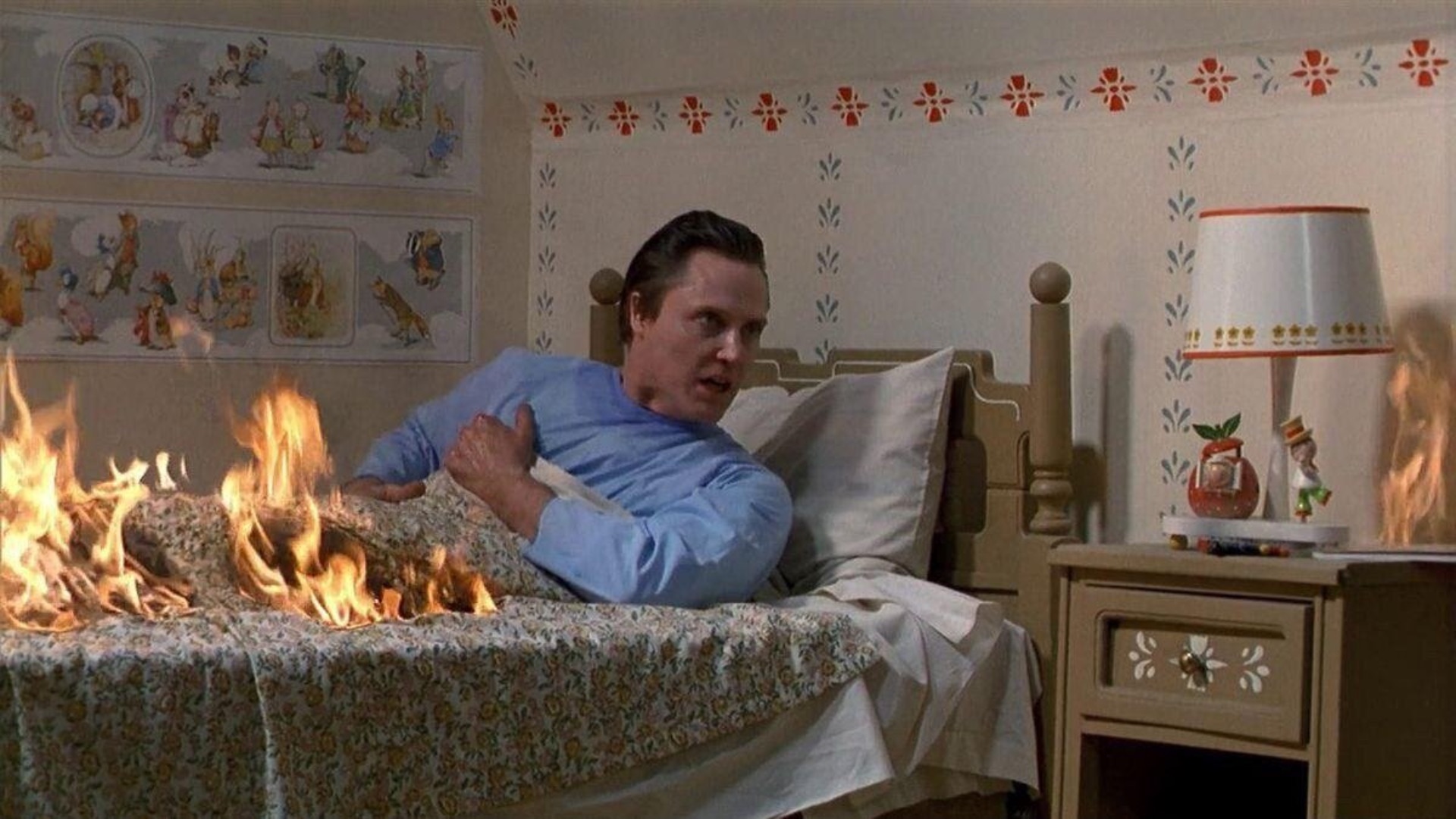
One of Stephen King's low key best books becomes one of David Cronenberg's low key best films. Christopher Walken plays teacher Johnny Smith, an average sort of guy who is left in a coma following a terrible car accident. He wakes up five years later to find that his girlfriend Sarah (Brooke Adams) is now married and a mother - oh, and that he can see into the future when he touches people.
Those expecting another Videodrome were probably shocked by The Dead Zone, an understated and melancholy chiller that draws much of its power from the performances of Walken - here tender and heartbroken - and Adams as the former love of his life. Great, too, is Martin Sheen as Greg Stillson, a blowhard political candidate, who Johnny comes to realise may well bring about World War III unless somebody stops him. The book was later also adapted into a pretty good TV show with The Breakfast Club's Anthony Michael Hall.
10. Scanners (1981)
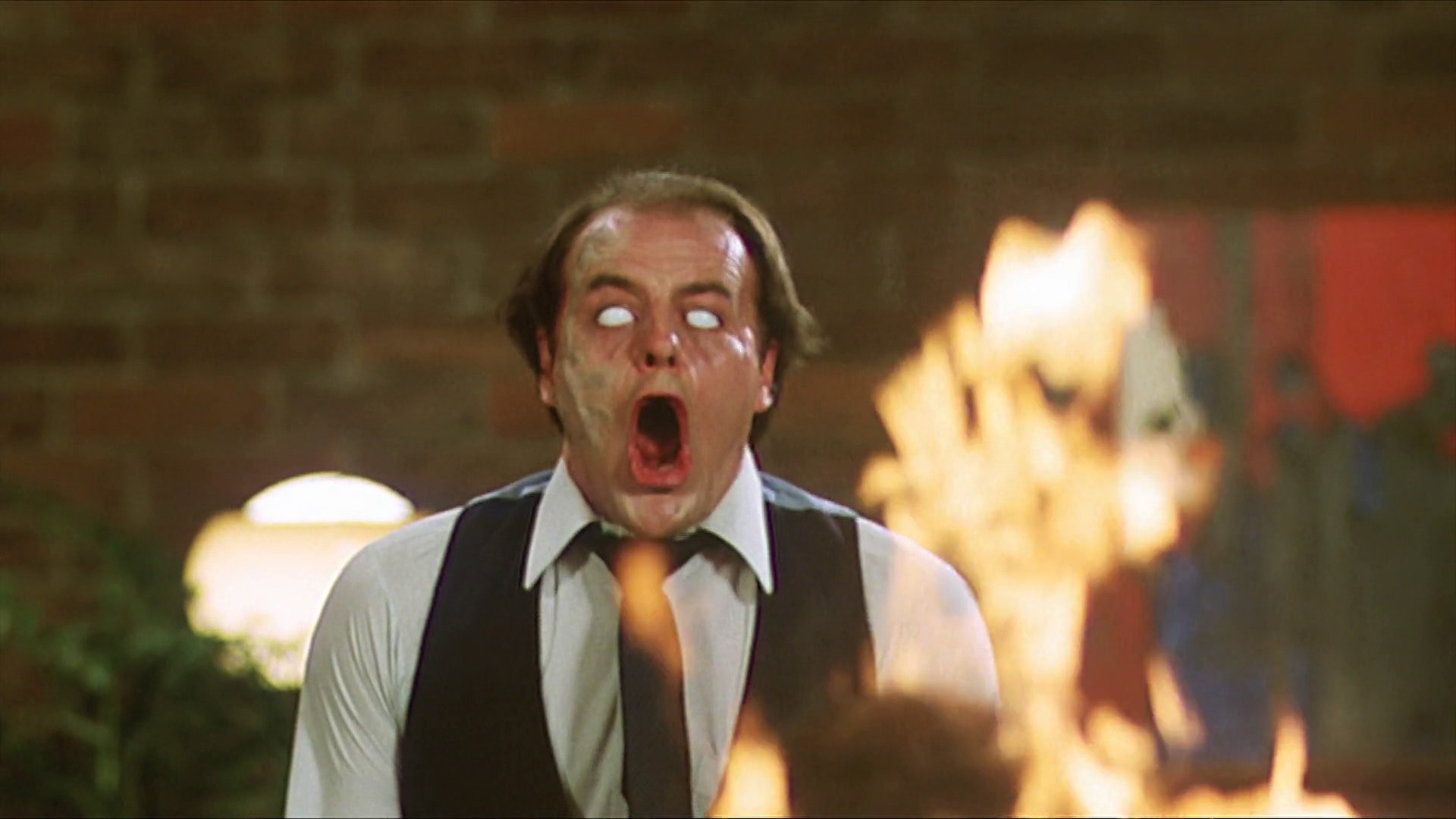
If there's one single moment of David Cronenberg's filmmaking career that has entered and remained in the public lexicon, even for people who have no idea who Cronenberg is, it's the gruesome scene from 1981's Scanners in which the head of one of the film's psychic spies explodes.
The infamously difficult-to-pull-off shot became the centerpiece of the film, which has attained cult classic status thanks in part to consistent references and in-jokes about the scene spreading through pop culture - one of the best examples of a pre-internet meme.
Scanners is just as psychologically brutal as it is morbidly fleshy, dealing with themes surrounding privacy, personal identity, and the invasion and erosion of both through forces beyond human control - but somehow still within corporate reach.
9. The Brood (1979)
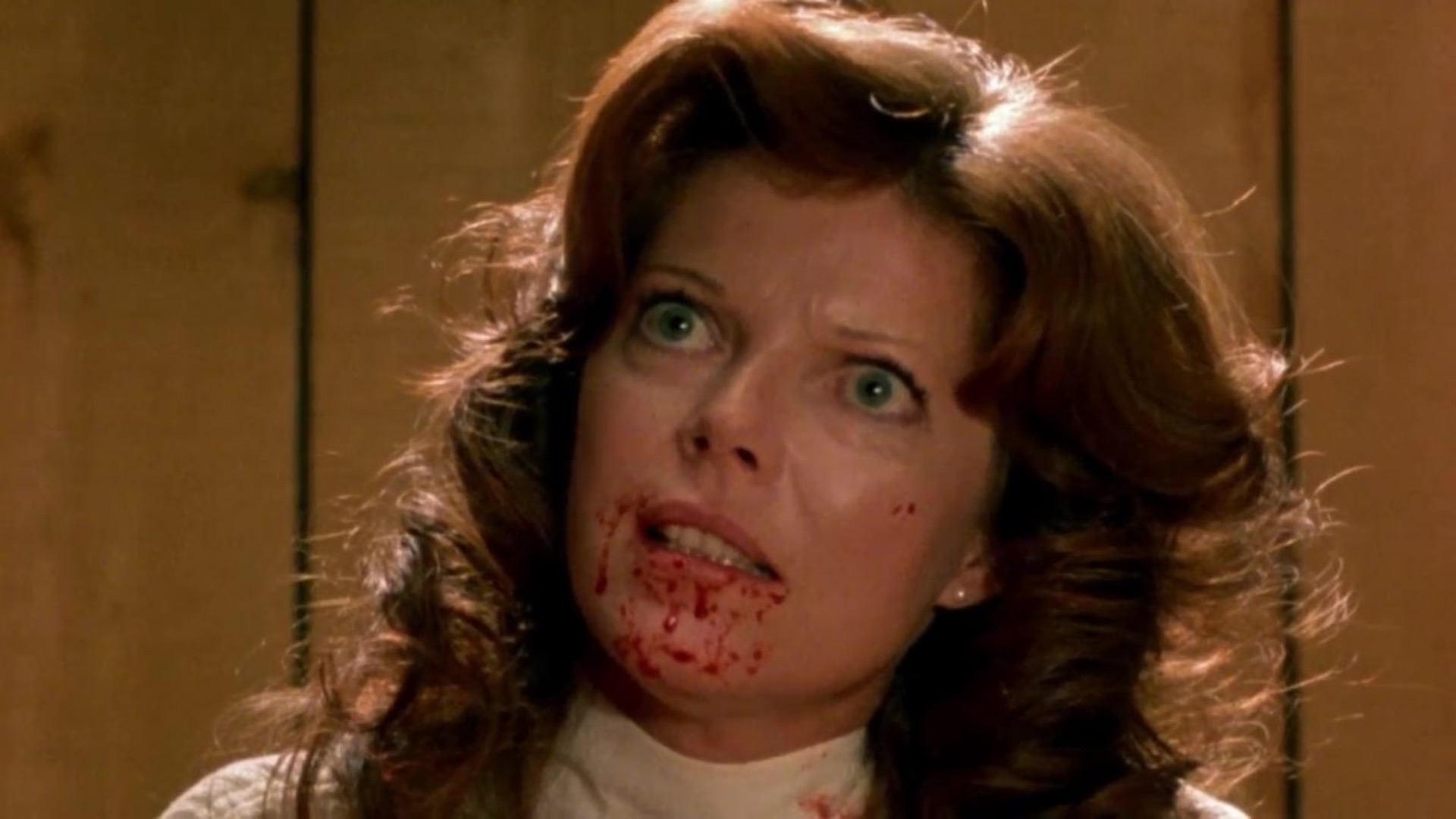
If you thought the Children of the Corn were scary, you haven't met the deformed, humanoid kiddos of The Brood.
A survivor of abuse caught in a custody battle with her husband Frank, Nola's (Samantha Eggar) anger allows her to parthenogenetically bear a 'brood' of children who are designed to kill anyone who threatens her with harm.
Cronenberg was inspired by the events of his own divorce, which saw him and his ex-wife enter a ruthless custody battle over their daughter. How that translated into a movie about a woman who keeps a bunch of colorblind, toothless, and navel-less murder-children in the attic of a psychiatric institute is another story.
8. Crimes of the Future (2022)
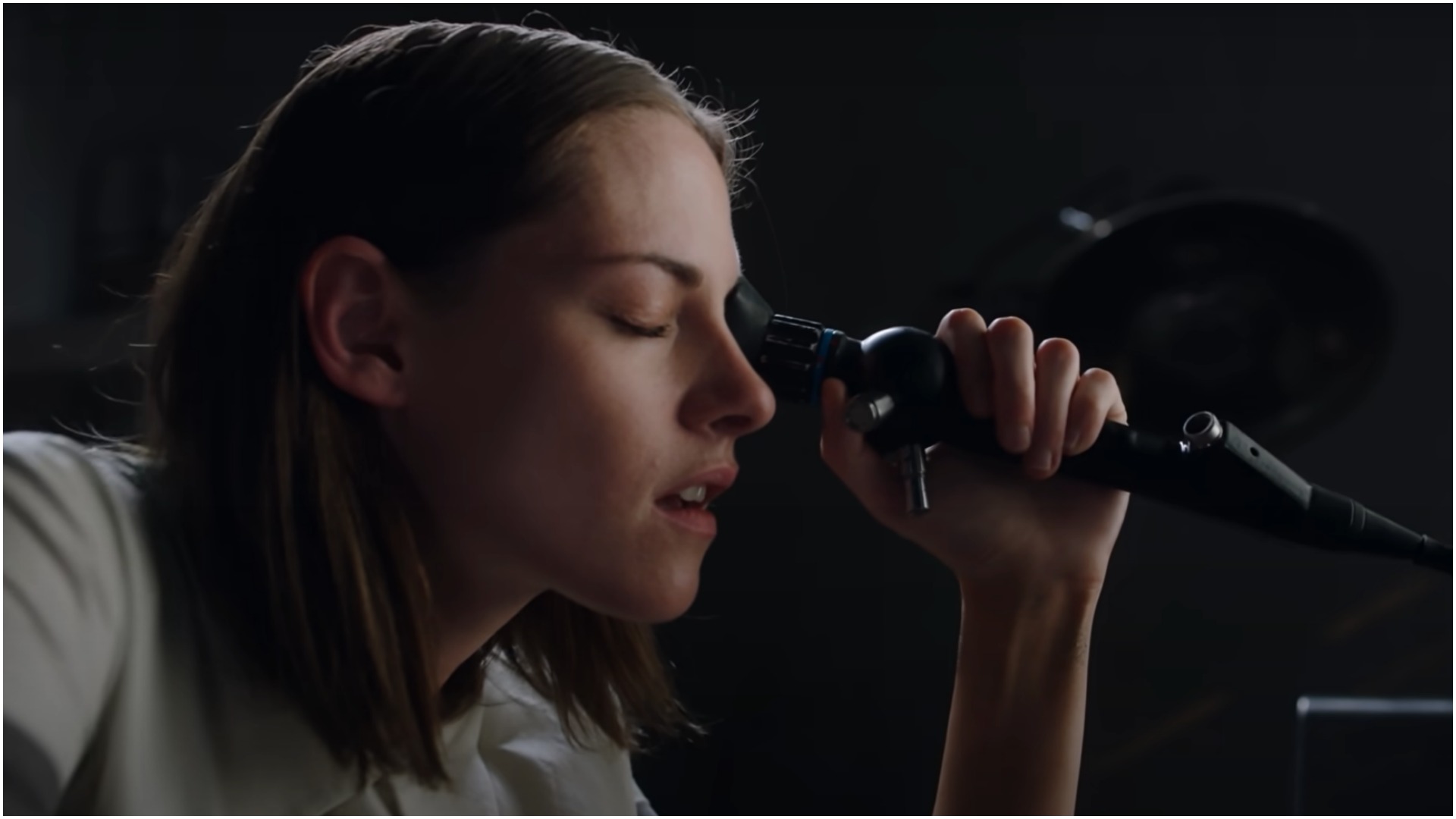
Cronenberg's long-awaited return to body horror may just be his fleshiest yet. In the not-so-distant future, humans are unable to feel pain, some are operating on themselves for funsies, and some people are born with a mysterious new organ that lets them chow down on plastic.
Saul Tenser (Viggo Mortensen) can't stop growing 'neo-organs,' and his wife Caprice (Lea Seydoux) can't seem to stop cutting them out live in a sold-out room full of pseudo-artist types who can't seem to look away. Kristen Stewart plays an awkward groupie, fascinated by Saul, much to to Caprice's dismay. Its 90-something minutes of explicit surgeries with no anesthesia that are likened to an artist playing on a canvas.
There's a message in here somewhere (especially given that pollution is the cause of humanity's newfound numbness and organ growth), perhaps about the bleakness of where society is headed, and all the grotesque ways humanity learns (and refuses) to adapt.
7. Eastern Promises (2007)
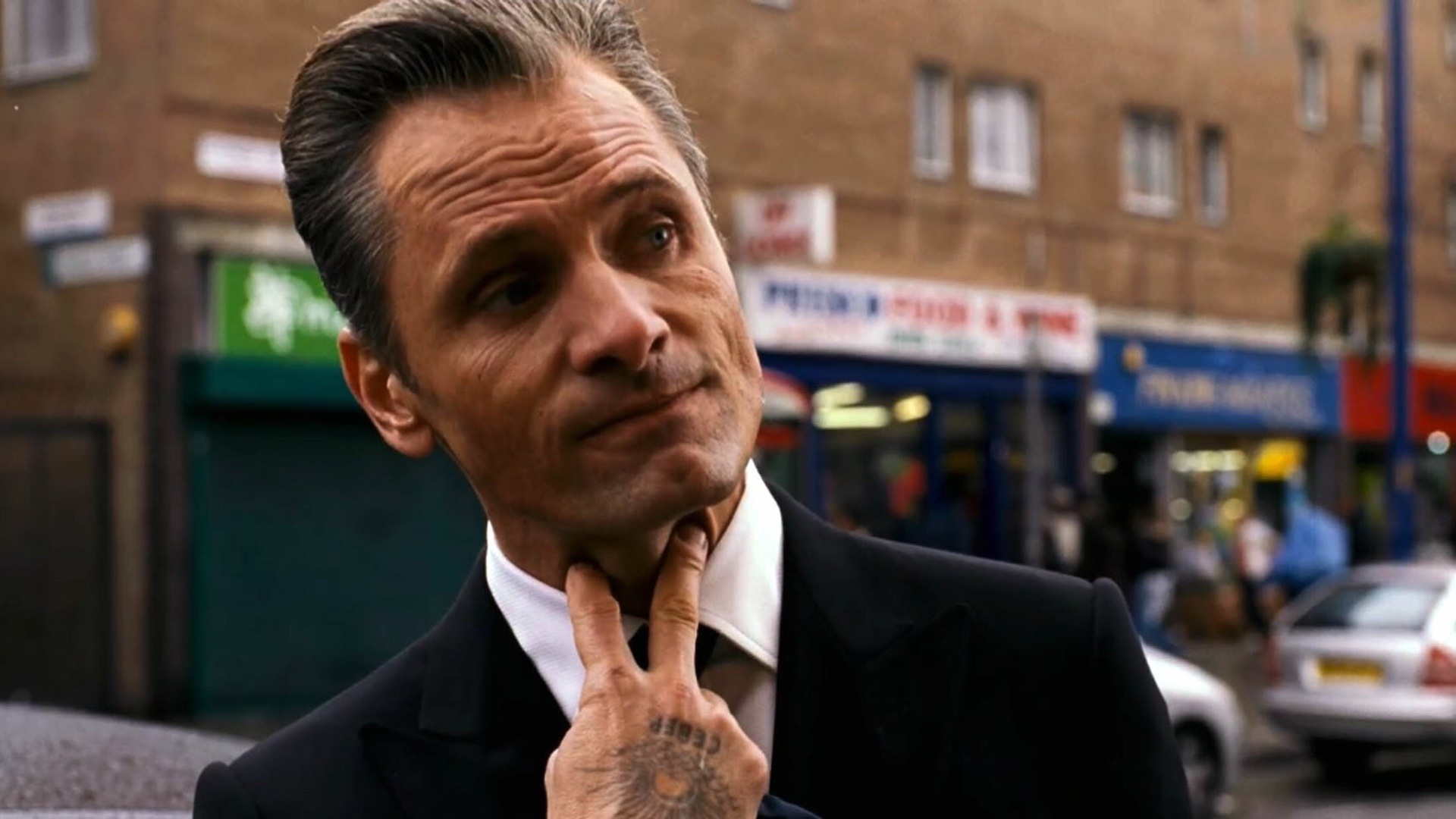
Cronenberg's mid-00s thriller looks like a gangster film, but often feels more like a horror movie. Midwife Anna (Naomi Watts) stumbles into a mystery after the death of a teenage girl and ends up embroiled with the Russian mafia. Warning her off is Nikolai (Viggo Mortensen), a driver who is rising through the ranks of this shadowy organization, but who also carries a dangerous secret.
On paper Eastern Promises seems far away from the body horror themes that characterized much of Cronenberg's previous work, but you can see a connection there in the film's preoccupation with tattoos - used by the mafia to track rank and status - and in its visceral, bloody nature. It also feels, in some ways, like a companion piece to A History of Violence, with Mortensen once again playing an enigmatic figure whose past has come back to haunt him.
Although well-reviewed at the time, the film has only risen in stature since, becoming a slow-burn cult favourite for its gloomy London atmosphere and accurate portrayal of mafia life. A sequel was written, but remains un-filmed.
6. A History of Violence (2005)
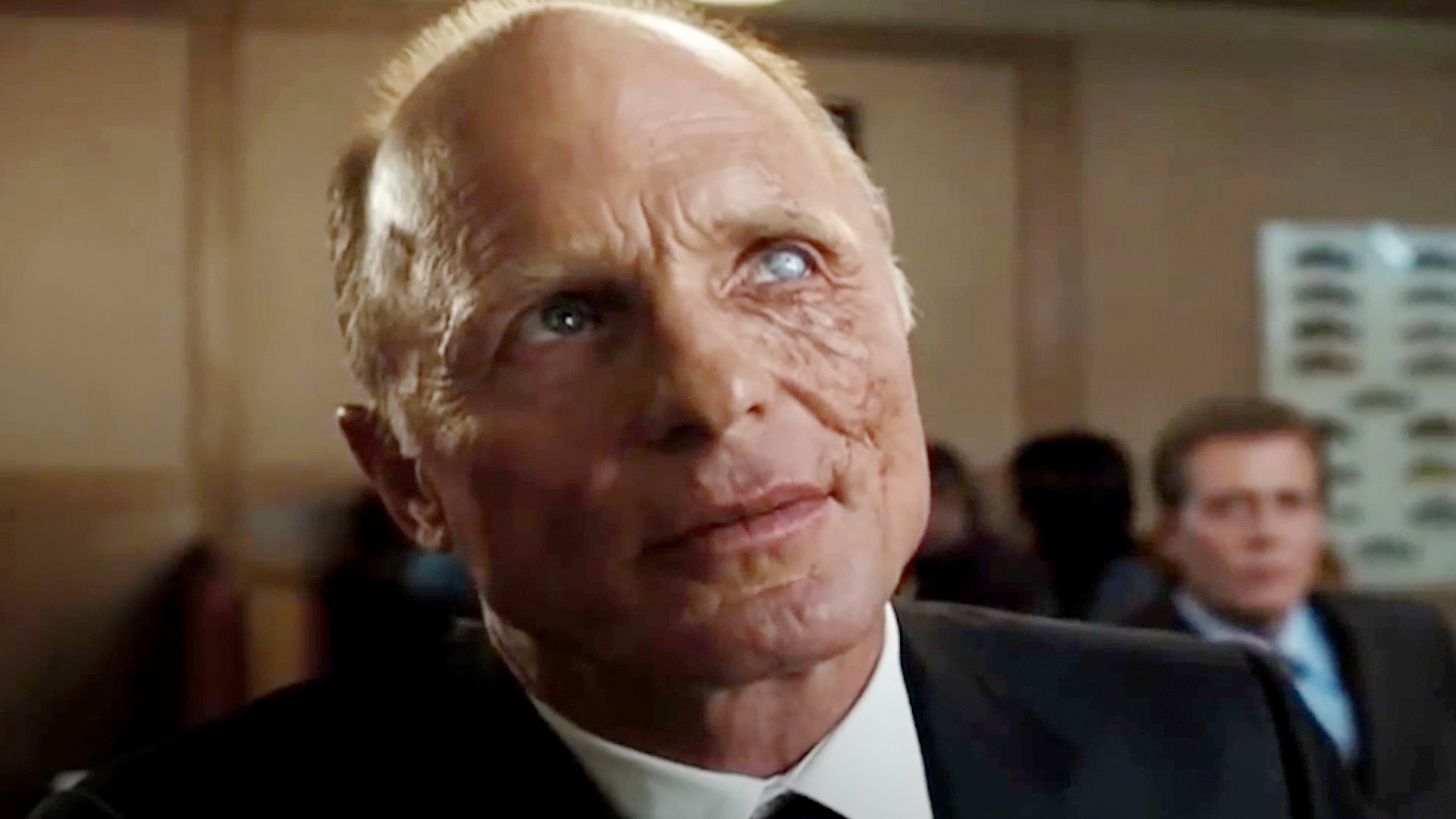
A History of Violence was seen as something of a departure for Cronenberg at the time, but has since grown into one of his best-regarded films.
Viggo Mortensen, in the first of a string of collaborations with the director, is diner owner Tom Stall - or is he? Although Tom seems a peaceable sort, his dark side comes to the fore when a couple of thugs invade his small town paradise. Stall is hailed a hero for his murderous intervention, but this draws the attention of gangster Carl Fogarty (an honestly terrifying Ed Harris), who claims that Stall is really famed mobster Joey Cusack.
Based on the graphic novel by John Wagner and Vince Locke, Cronenberg's film is simultaneously one of his most accessible and slyly subversive movies. The set up - a seemingly good man's dark past coming back to haunt him - is pure pulp, but the director uses it as a way to challenge and examine our fascination with bloodshed on screen. It's a gratifyingly visceral and immediate work, but one that lingers long in the imagination.
5. eXistenZ (1999)
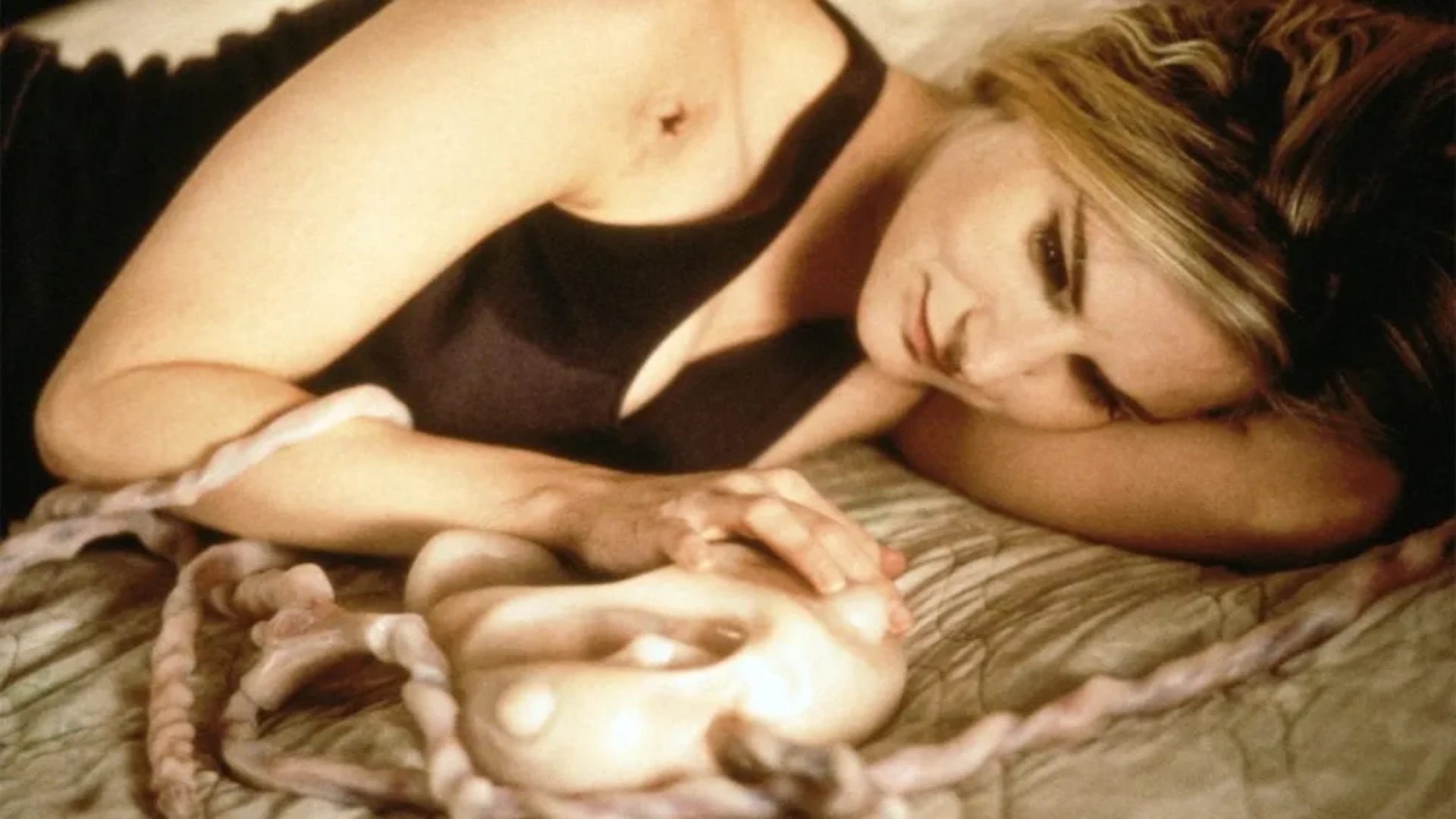
David Cronenberg's eXistenZ may have been buried under the weight of The Matrix, a film released just weeks before which also focuses on a contingent of humans working to free themselves from the confines of a virtual world that is slowly subsuming reality.
But unlike The Matrix's mythic, larger-than-life vision of a conflict between the world of the flesh and that of the mind, Cronenberg re-embraces the sinewy, bloody nature of humanity with a noir-ish mystery that unravels itself as it goes for a bizarrely prescient vision of the future of video games and of unreality itself, populating its fictitious virtual reality game with characters and plot points which reflect the uncanny valley of modern video games with eerie foresight.
It's hard to unpack the full plot of eXistenZ, which revolves around players in a virtual reality video game housed in a techno-organic system that looks like it was designed by the hellish cenobite version of the Apple aesthetic, built from biological components harvested from mutated animals. This highlights, in stark, gruesome contrast, the separation of body and sensation that sits at the center of the film - and points to its deeper stakes.
4. Videodrome
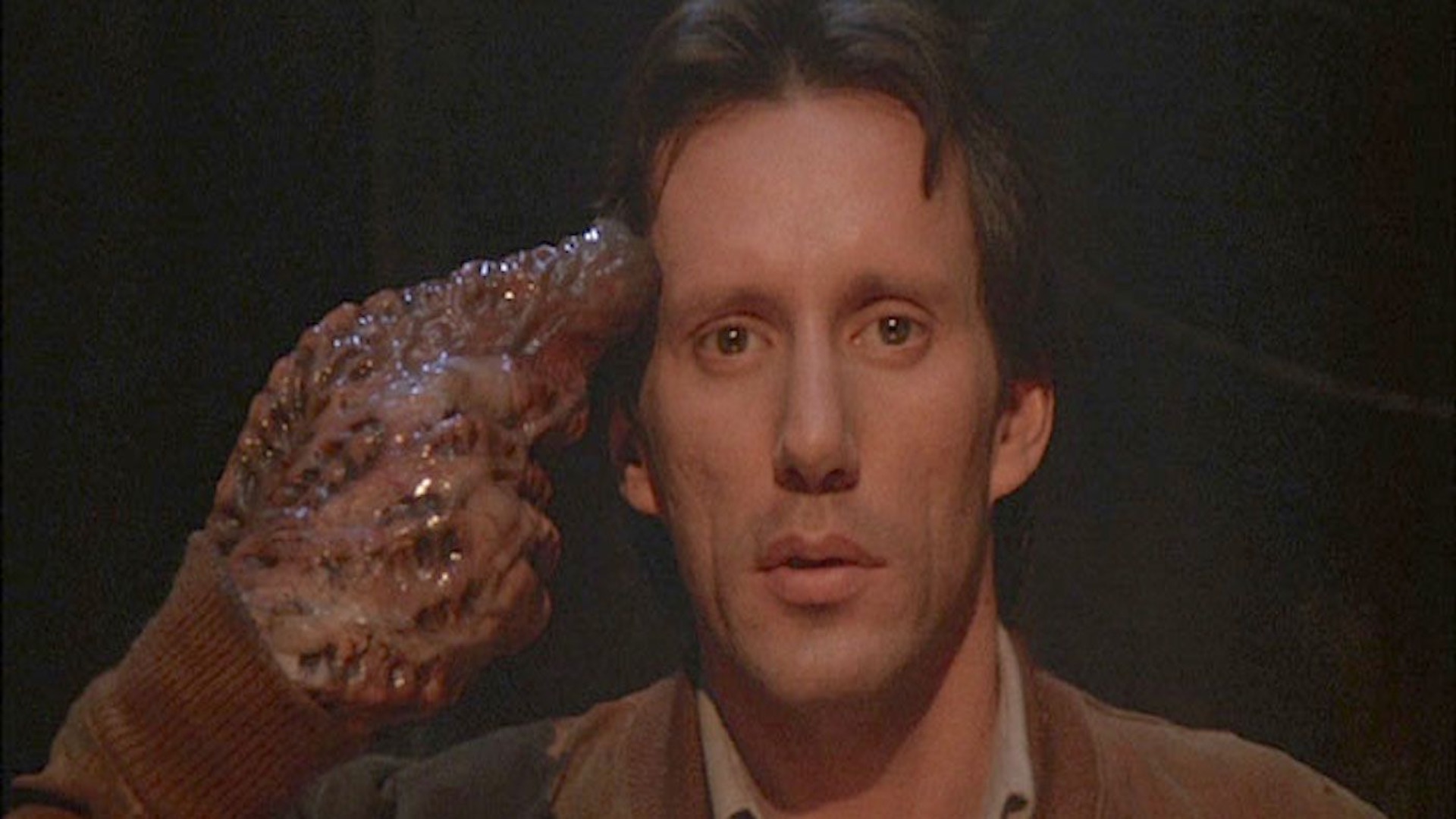
Death to Videodrome! Long live the new flesh!
When Max Renn (James Woods), the CEO of a small Toronto UHF station, discovers a violent snuff film broadcast called Videodrome, he decides that it must be the future of television. New to the world of sadomasochism, Max tries to carefully understand his love interest Nicki's (Debbie Harry) sadomasochistic tendencies while developing his own... all while taking a deep, dangerous dive into the world of Videodrome – which eventually turns his stomach into a VHS player and causes him to grow a weird drippy cyborg hand.
There's something delightfully sick about Videodrome, as we, the viewer, become voyeurs ourselves – fascinated by a world where there are no limits to the flesh.
3. Crash (1996)
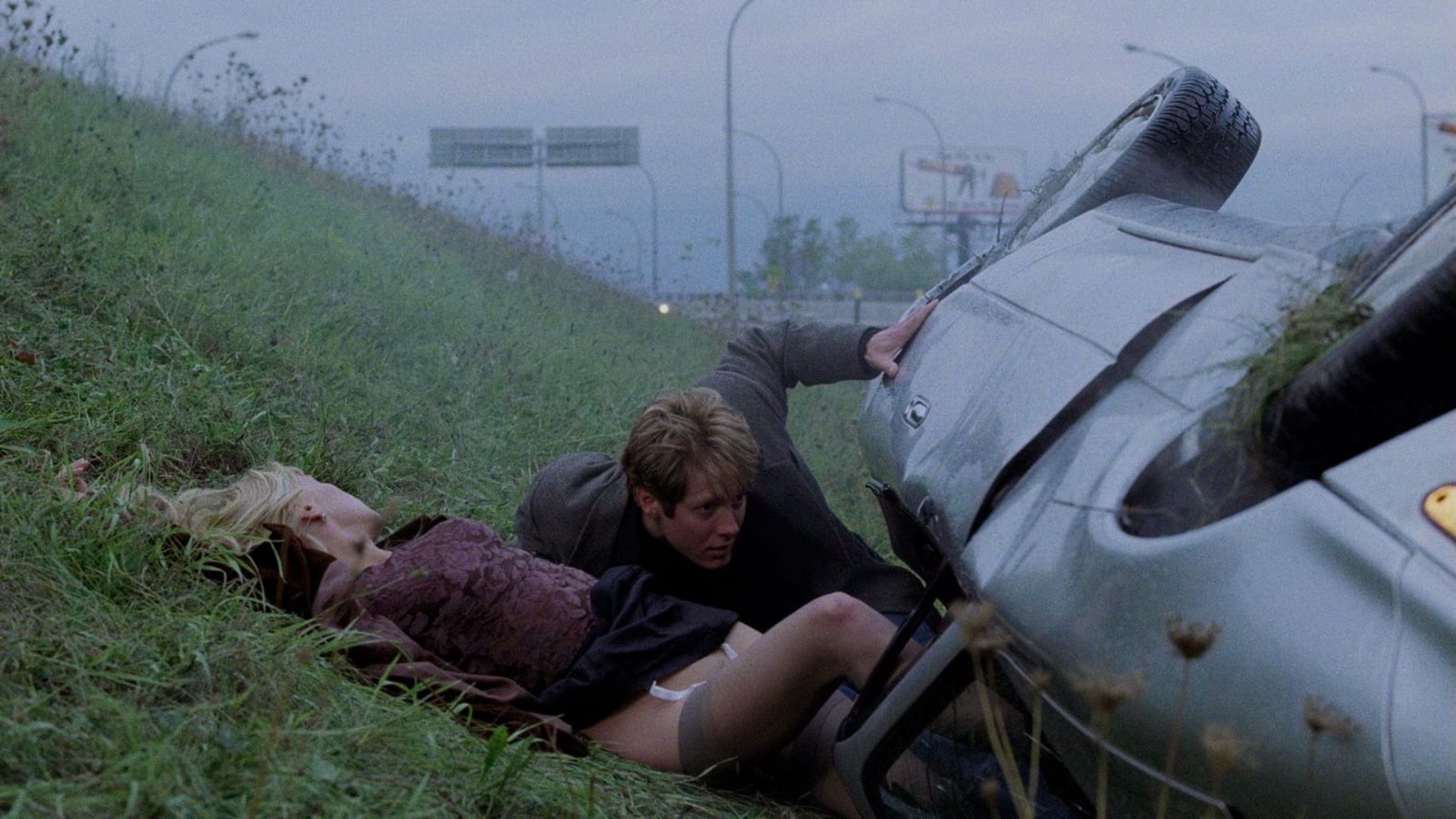
Crash, based on the 1973 novel of the same name by J.G. Ballard, stars James Spader and Holly Hunter who, after getting into a crash of their own, become manically sexually aroused by car accidents.
The film invites the audience to step away from reality for a moment and view the body as a form of machine or technology (which Cronenberg emphasizes by using sterile, medical language in place of erotic dialogue) and consider the way human beings go further and further just to feel something – anything – as society continues to shift and gratification becomes less and less instant.
Plus, it's just plain ol' hot. Spader and Hunter are hungry, desperate sexual deviants with an enormous amount of chemistry. Though we could probably do without the butt-sniffing scene.
2. Dead Ringers (1988)
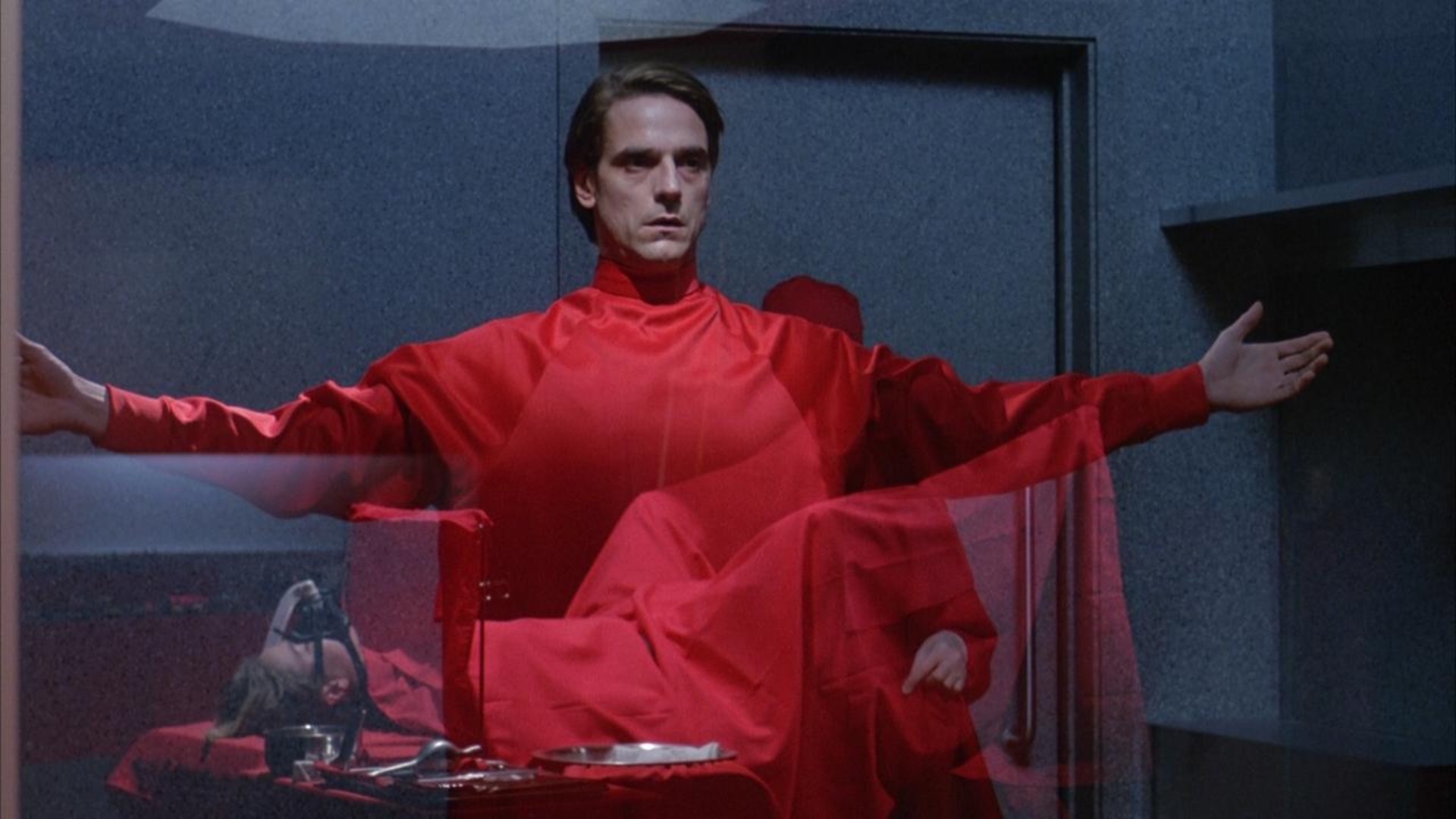
Jeremy Irons plays a pair of identical twins who jointly operate a successful gynecology clinic and are so close that they even share the same lovers (unbeknownst to the women themselves) – but couldn't be more different.
Elliot is a confident cynic, while Beverly is the more shy and insecure of the two. When actress Claire Niveau (Genevieve Bujold) comes to the clinic, their equilibrium – and the world as they know it – becomes effectively shattered. As Beverly begins to spiral, there is no longer a divide between 'good twin' and 'bad twin': both brothers become hopelessly entangled with their own vices and the final result is something more than sad and bloody than the viewer could ever imagine. Plus, the gynecological tools featured in the film are enough to make you never want to visit the doctor again.
A series remake, starring Rachel Weisz as the Mantle twins, is streaming on Prime Video now.
1. The Fly (1986)
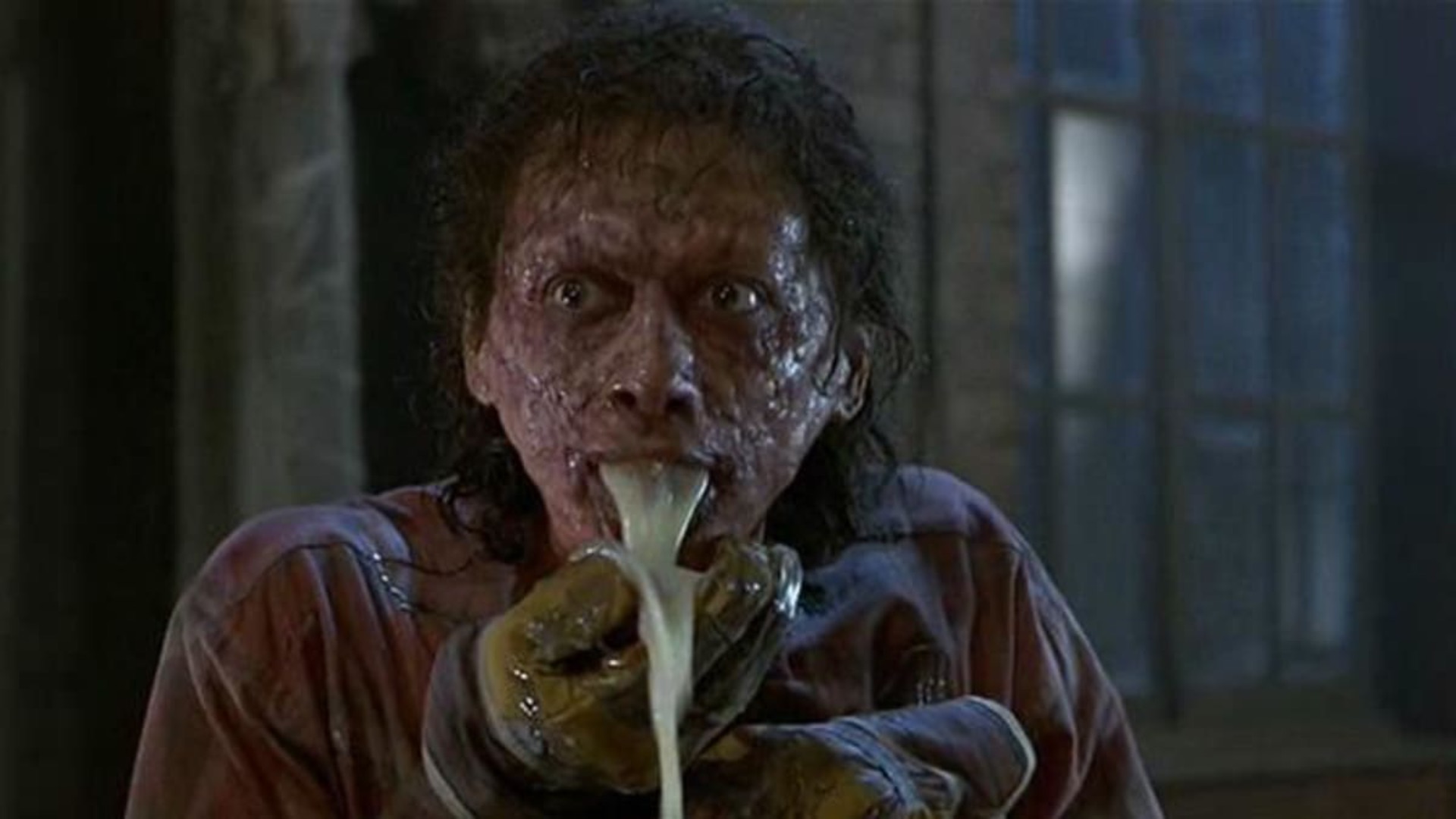
It's a remake, sure, but it might just be one of the best – if not the best – remakes of all time.
Jeff Goldblum plays Seth Brundle, an eccentric scientist who accidentally splices his own genes with that of a fly, and Geena Davis plays Ronnie, the helpless woman who may or may not be carrying his humanoid fly baby to full term. Throughout the film, Seth begins to transform – and it's not into a literal or scientifically correct fly either: he develops sores, begins vomiting digestive enzymes, starts losing teeth and body parts, and eventually becomes a walking, talking half-human half-insect that can't stop buzzing and dripping and terrifyingly violent.
In the golden age of remakes, this film is often used to back up the argument that remakes and reboots are good, actually. In the 1958 version, David Hedison's eccentric scientist screams "Help me! Help me!" in a high-pitched voice while flying around in the body of an ordinary housefly. Goldblum's 'Brundlefly,' doesn't want to be helped. Even as his body becomes this swollen, red, shriveled and almost burnt-looking thing (the practical FX are some of the best in cinematic history) – he insists on observing his condition...and insists that Ronnie give birth to his weird little insect baby as it might be his 'last chance at humanity'.







